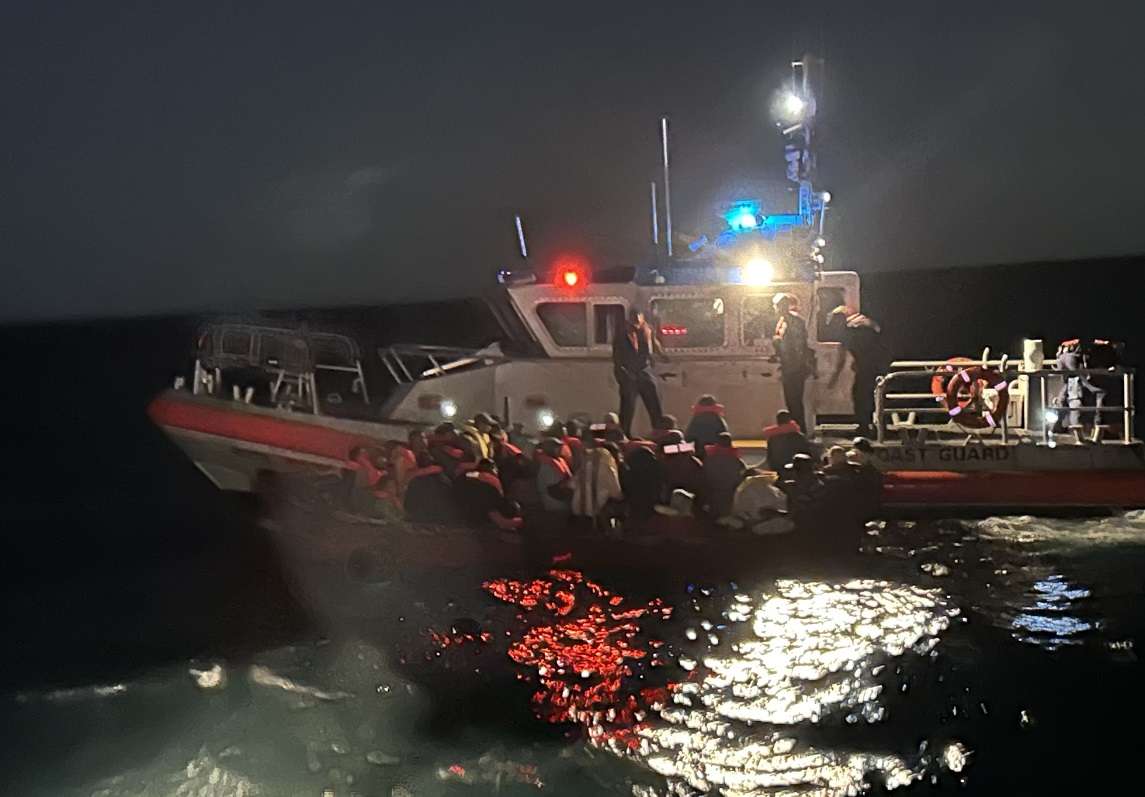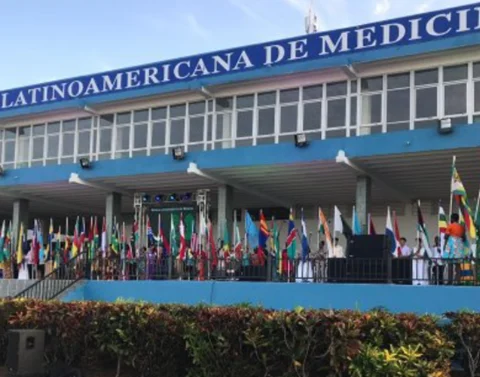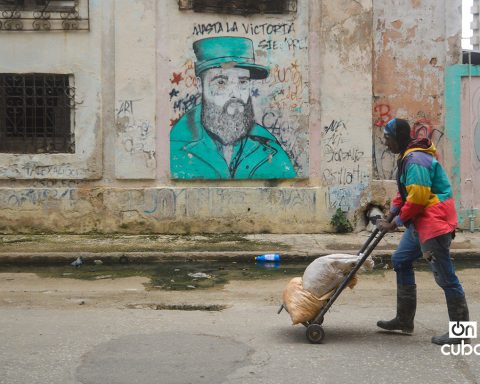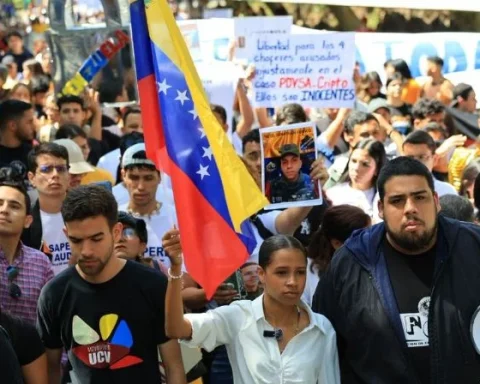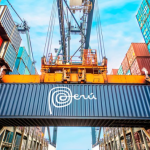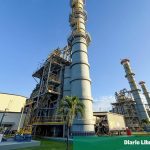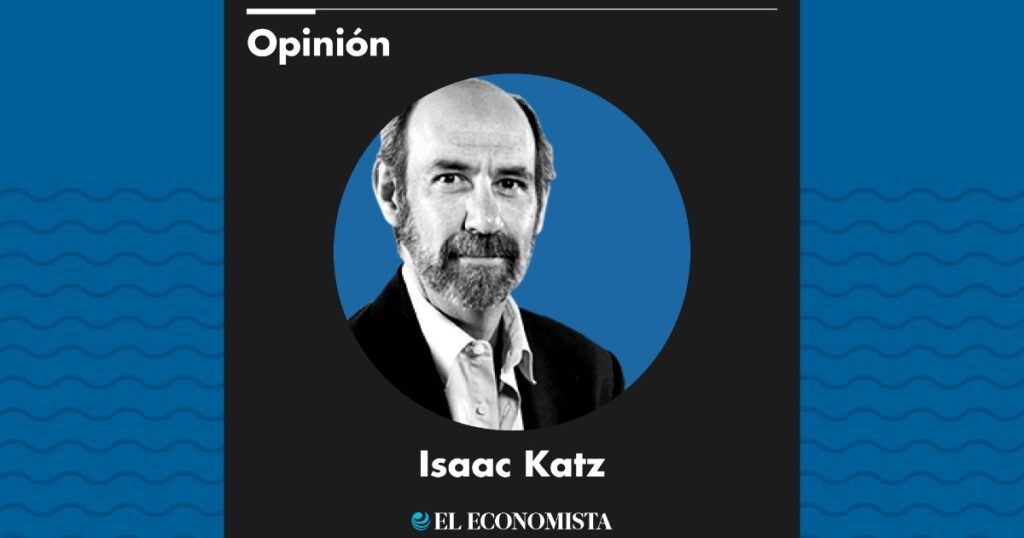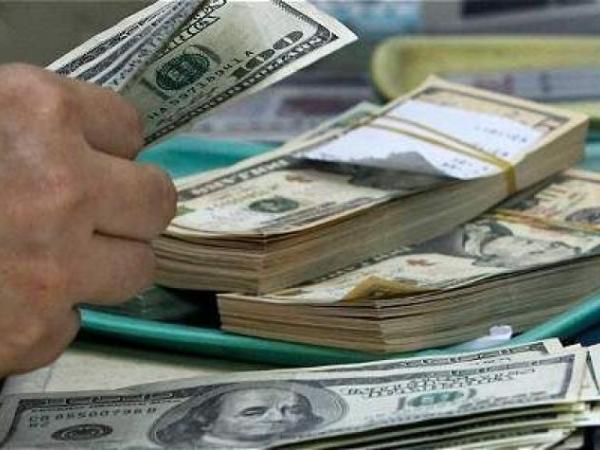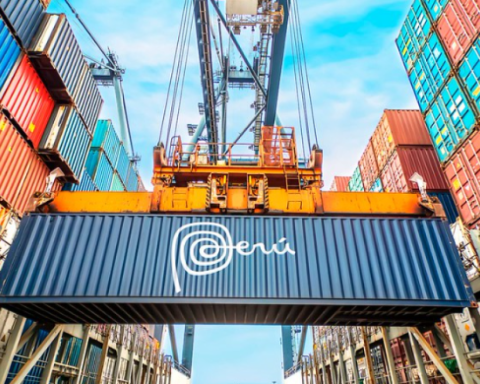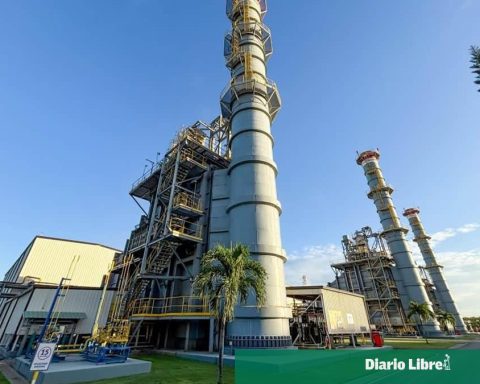The United States Coast Guard repatriated 152 cuban rafters this Saturday, as a result of five rescue operations carried out this week.
The illegal migrants, whose sex and age are not specified, were intercepted between Tuesday and Wednesday in the seas south of Florida, and returned to Cuba by Coast Guardsmen Raymond Evans and Charles David Jr., as detailed the US authorities.
Once aboard the Coast Guard vessels, the rafters received food, water, shelter and basic medical care, according to the entity itself.
#breaking @USCG Cutters Ray Evans, Charles David Jrs’ crews repat’d 152 Cubans, Sat.
These events illustrate how the integrated missions, our strong partnerships are instrumental in protecting this country. –Mr Burgess, @CBPAMORegDirSE
? https://t.co/fqAiEyCoiE@USEmbCuba pic.twitter.com/sDh9GrvGMX—USCGSoutheast (@USCGSoutheast) December 10, 2022
“These events illustrate how integrated missions and our strong partnerships are so critical to protecting this country,” Gerald Burgess, U.S. Customs and Border Patrol Air and Marine Operations officer, said of the operations.
The US authorities have insisted on the danger of migrating in this way, and affirm that from October 1 to date they have already intercepted a total of 2,982 Cuban migrants at sea.
In this way, in little more than two months, a third of all those captured during fiscal year 2022, which ended in September, have been exceeded, in which 6,182 rafters from the island were intercepted.
Cuba is undergoing a sustained wave of migration, multiplied not only in the number of rafters who venture across the Straits of Florida, but also by those who make the overland journey through Central America to the US-Mexico border.
The US Customs and Border Protection Department (CBP) registered the arrival of 224,607 Cubans in that country from October 2021 to September 2022, according to reports from the Spanish agency. EFE.
Havana points to the Cuban Adjustment Act as a reason for its citizens to try to reach North American soil irregularly, by land or sea. This regulation allows access to permanent residence to those who remain at least one year in its territory.
To this should be added the serious economic crisis that the country is experiencing, exacerbated by the COVID-19 pandemic, US sanctions and internal difficulties and inefficiencies, a situation that motivates many people to leave the island in search of better living conditions. life.
